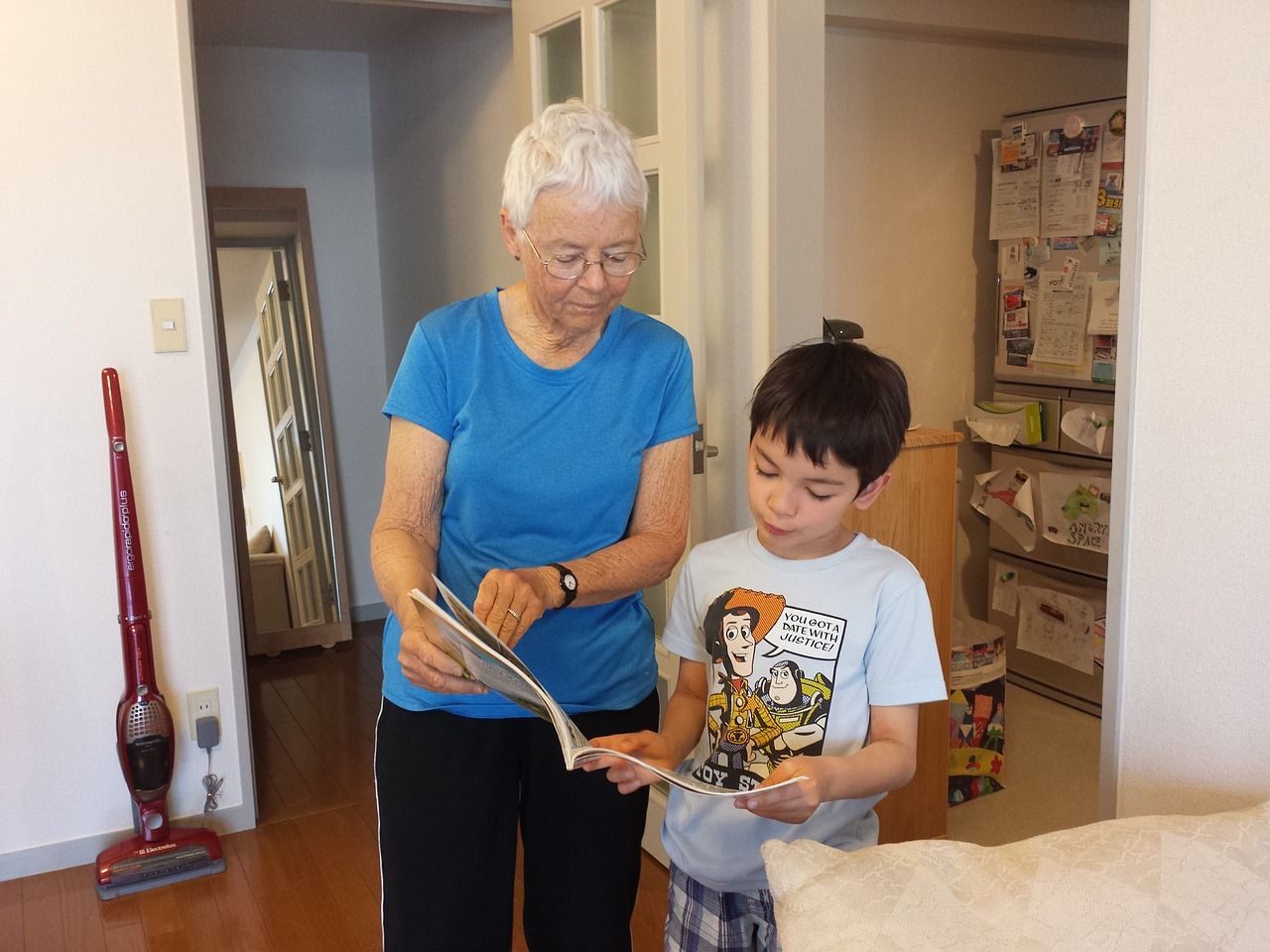
When Grandparent Custody is in the Best Interest of the Child
Ideally, parents should be capable of taking care of their own children. In most cases, it is in the best interest of children to be with at least one of their parents as they age. However, there are situations where it is not in the child’s best interest. This could be because either the parents are unwilling or unable to properly care for the child. In these situations, children can be taken in to DHS custody and possibly foster care. When this occurs, it is considered a third-party custody.
Among things considered by the courts to determine if it is in the child’s best interest to live elsewhere is the reputation of both parents. The courts must have evidence that neither of the child’s parents is able to provide the child with basic necessities like daily nourishment, clothing and emotional support.
An attorney ad litem may be appointed by the court to represent the child’s best interest. The attorney ad litem will conduct an independent investigation that could include interviewing related parties and the children and gathering information from outside sources such as schools, doctors or counselors. After the investigation is conducted, a recommendation is made by the guardian ad litem as to who should get custody of the children.
According to https://www.integrityinc.org/, a Little Rock-based community services organization specializing in child care services, at the end of the second quarter in 2017 there were 5129 children in foster care in Arkansas of which children ages two to five made up the largest group of children. The website goes on to report that Arkansas exceeds the national average of children either going home, to a relative, or to an adoptive home after foster care. According to www.childtrends.org, 33% of Arkansas children are adopted by relatives in comparison to the 28% United States average. Often a grandparent is considered to be in the best interest of the child.
In many cases, grandparents may assume the role of the parent if there are extreme circumstances that prevent a parent from gaining custody. If neither parent is unable to care for the child, the courts may consider awarding the grandparents permanent custody, especially if the child is over one year old and has lived with (at least six months) or spent a substantial amount of time with the grandparent. The courts also want to see that the grandparent has been the primary caregiver and source of financial support during the time the child has lived with him or her. A study conducted by www.grandfamilies.org, reported that approximately 61,230 children live with grandparents.
Arkansas legislation clarifies “that grandparents would be given preferential consideration for placement of juveniles in foster care or adoption.” Grandparents must go through the same process as other individuals in order to qualify to be a foster or adoptive home. As always, the child’s best interest is considered first and foremost. A judge will determine if the relationship between the grandparent and grandchild is favorable. The grandchild and grandparent should have a significant bond and the child must feel safe around the grandparent. The grandparent must demonstrate love, affection and guidance for the child. The courts will also consider if it would prove harmful to the child if he or she were removed from the grandparent’s care.
Grandparents need to understand when they have a legal right to seek custody especially when the grandparent has been the sole provider for a grandchild. Keven Hickey Law Partners can assist with grandparent custody situations. Let our experience and expertise work for you.
References:
https://www.uaex.edu/publications/PDF/FSFCS165.pdf
https://talkbusiness.net/2017/03/three-grandparents-rights-bills-pass-arkansas-house-committee/
